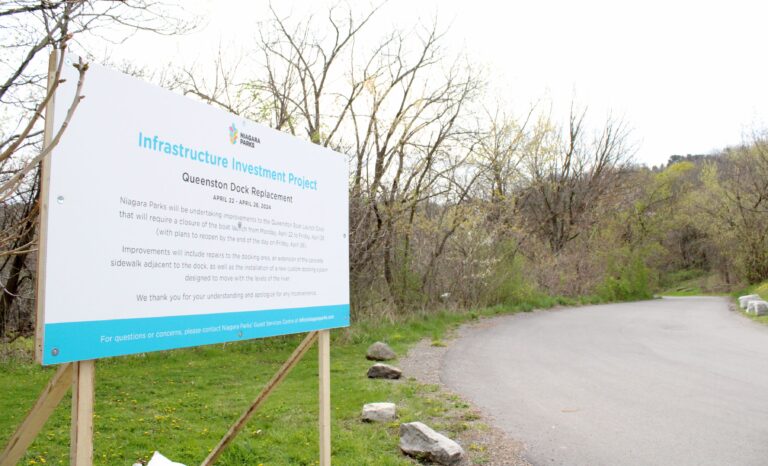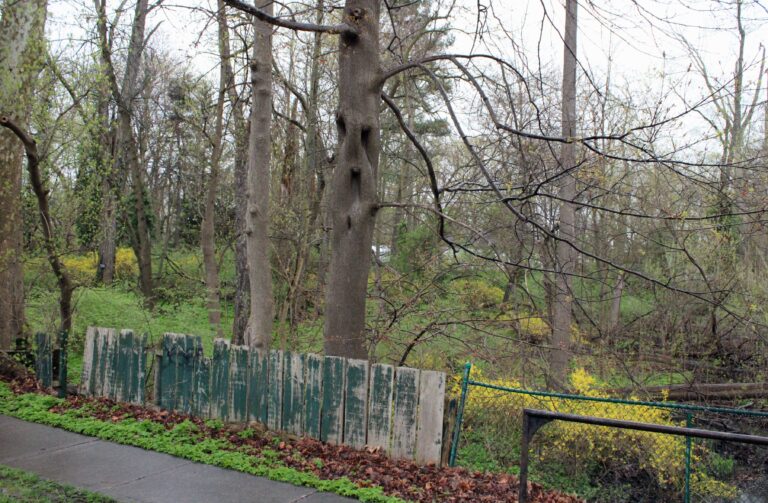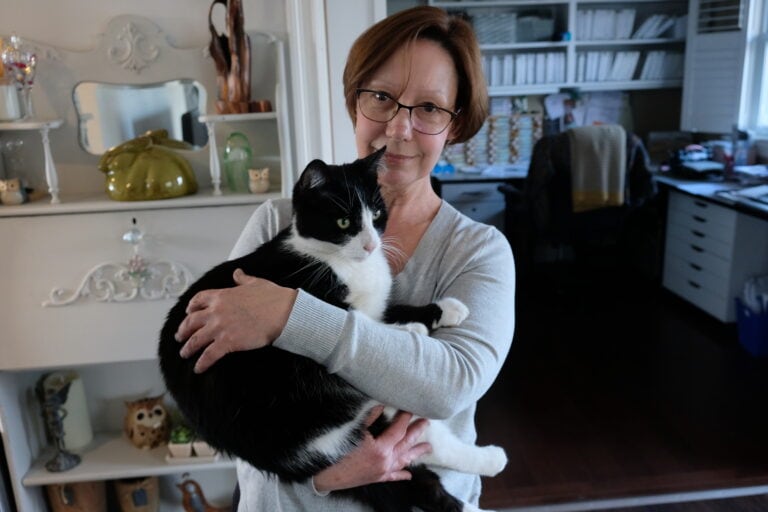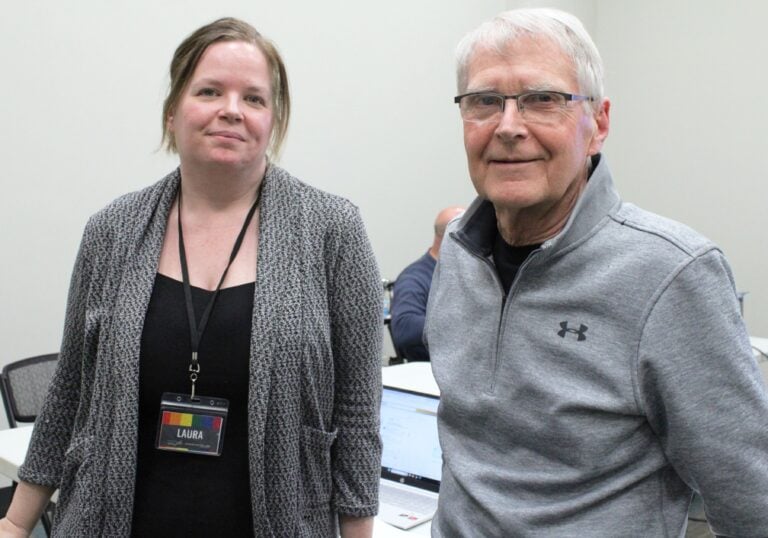When Graham and Angela Lindfield tell the tale of their retirement adventure on board their 32-foot Grand Banks trawler “Lady Morgana,” it will have a surprise ending, as a result of the COVID-19 pandemic.
The NOTL couple bought the boat, built in 1973, three years ago, and Graham, an engineer, worked on it for countless hours to get it shipshape for their big trip.
It was a retirement goal, to take a long trip together, all the way down the east coast, from Niagara-on-the-Lake to Florida, and back.
“We were so excited,” said Angela. “We did smaller trips first, as a test run. We’d never been on such a big trip. The idea was truly amazing.”
The two, with dog Nora in tow, left NOTL in September, making their way steadily south, through the Intracoastal Waterway, all the way to Nettles Island, in the Florida Keys.
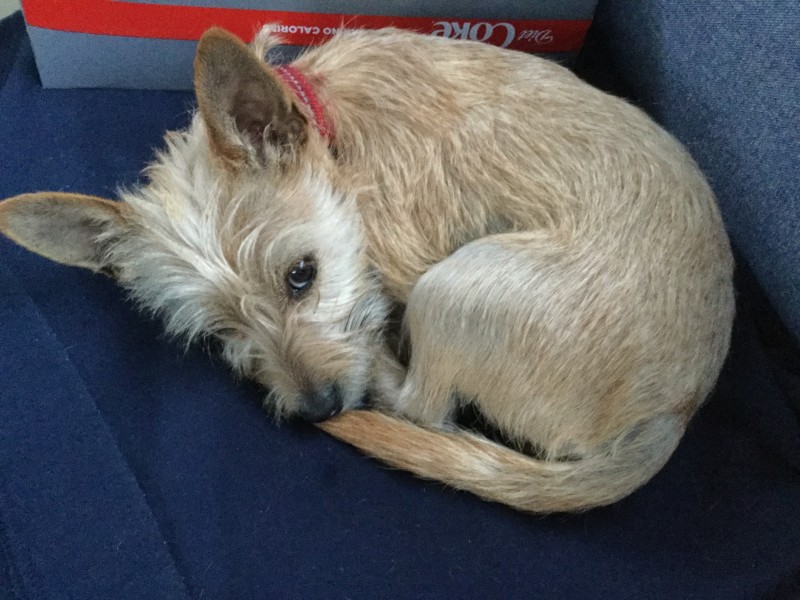
All went as planned: Graham and Angela left the boat in Florida and flew home in mid-December to celebrate Christmas with family, before returning to Lady Morgana at the end of January.
They started heading north, aiming to arrive at the New York canal system when it opened in mid-May, and make their way home by June.
Enter COVID-19.
“We were in touch with our kids as things started to develop. When we heard schools were closed, we knew it was more serious than we had realized. Then on that (March 16) Prime Minister (Justin) Trudeau told Canadians to come home,” Angela recalled.
“At that point we thought, ‘Well, we still have health insurance and we’re pretty isolated on the boat, we’re in good shape, so we can still return as planned.’”
Events began to accelerate from that point.
“We arrived at our next marina, in Titusville, Florida, on Wednesday. We fuelled up, went to our dock and tied up, and registered at the office,” said Angela.
“Back on the boat, checking in online, we saw a post on Facebook by a group called Trawler Life, saying that Fort Pierce marina had decided to close. We’d just been there a few days earlier.”
“That was the game changer,” Angela said, remembering the moment.
Calling around to the next few marinas on their itinerary, they all said they were open.
But one said it was “day to day, so we knew things were shifting, and there were going to be ripple effects.”
Climbing back off the boat, they went straight back to the office to ask if they could stay for a month. The first answer was no, but then there was a cancellation, “so we took that slip, and paid for a month.”
Things were moving quickly now.
They walked to the Enterprise office and rented a car for a week, “put the boat to bed, made sure she was safe, and packed up,” she said.
The next morning was Thursday, March 19.
At 5 a.m., with pet Nora bundled into the back seat, they joined the stream of vehicles with Quebec and Ontario licence plates heading north on the highway.
“It was very surreal. There were cars, trucks, trailers and motorhomes all heading north,” said Angela.
“Highway signs said things like, ‘Stay Home, COVID-19 Kills.’ On the radio we heard that there was a huge increase in gun sales. I really didn’t want to be there!” she added.
After one night in a hotel, where they disinfected every surface with Clorox wipes, they got home, aware they would have to self-isolate. Their daughter had left groceries for them on the back deck.
“We felt so thrown into this. Just a week earlier, everything seemed fine,” Angela said.
“In the end, everything panned out a lot better than it might have been. We’re home safe, the boat is safe, and we have what we need to stay home as long as we need to.”
Since arriving home, all the marinas in the Florida Keys have closed, as well as many more in South Carolina, New Jersey and New York.
In the days ahead, Angela plans to keep in touch with her grandchildren on FaceTime, coming up with some games and activities they can do together to help keep them occupied while school is out, and to stay in touch while self-isolating.



